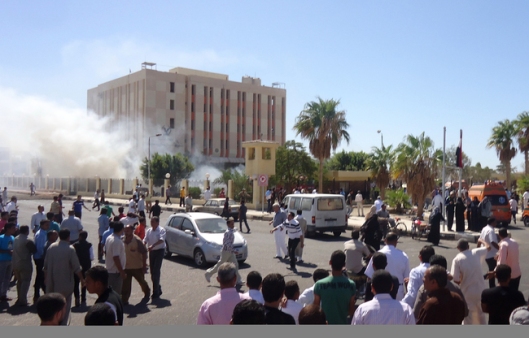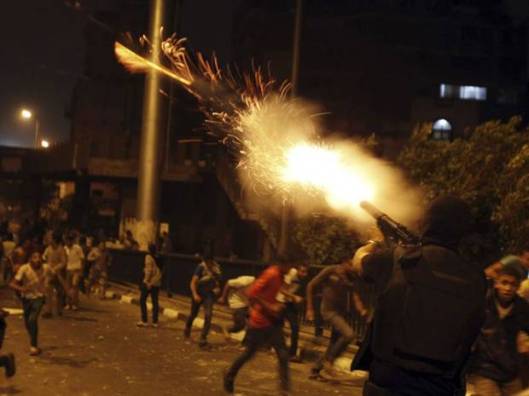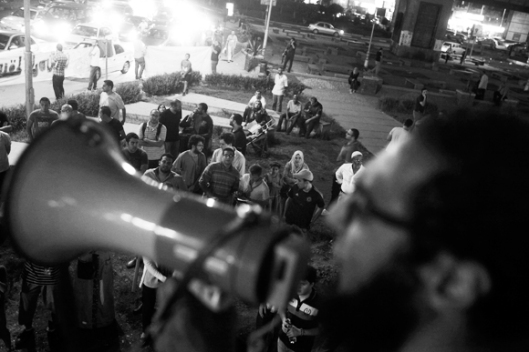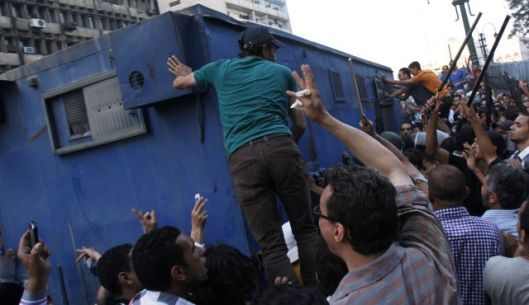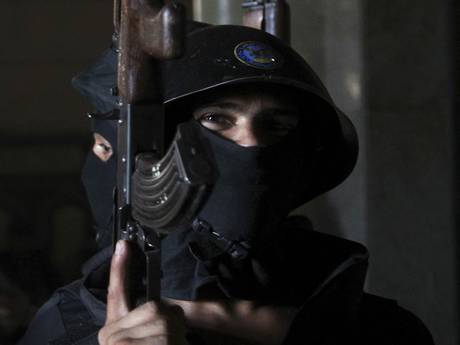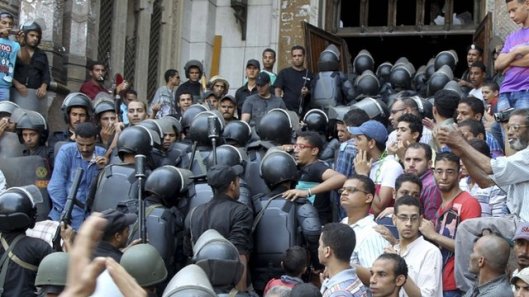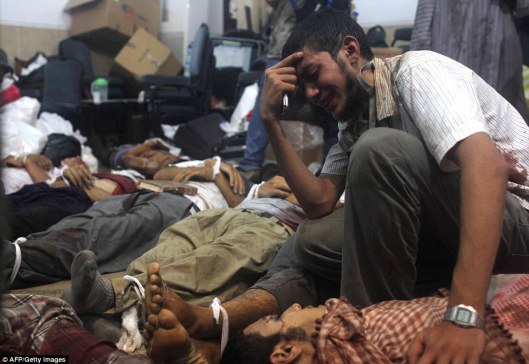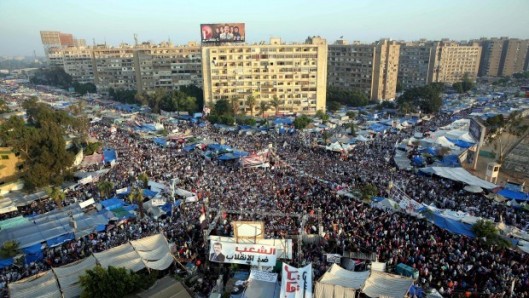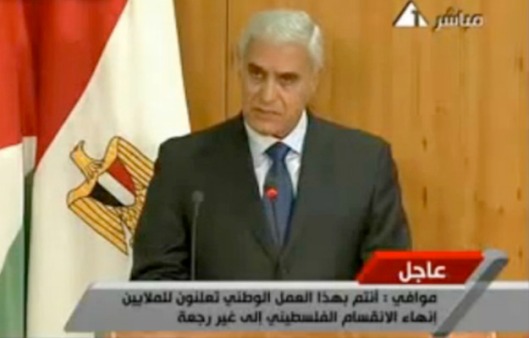Originally published in The Independent, 7 October 2013
Hopes that calm was returning to Egypt were further dashed on Monday when Islamist militants launched a series of nationwide strikes against government targets, leaving nine people dead and scores wounded.
Soon afterwards, six soldiers, including one lieutenant, were gunned down in a drive-by shooting in Ismailia, a city which sits along the strategically vital Suez Canal waterway. The soldiers had reportedly been on patrol when masked gunmen opened fire on their pick-up truck.
Both attacks happened after militants launched a dawn assault on a government satellite station using a rocket propelled grenade – this time in Cairo, which has so far largely escaped the attentions of anti-government extremists.
The attacks happened in the southern suburb of Maadi, a leafy, upmarket area which is home to many foreigners and British expats working for oil companies and other big investors.
Nobody was killed and only two people were injured, but the fact that militants managed to launch such a brazen assault in the capital suggests that the scourge of Islamic militancy – which has so far been contained to Egypt’s north-east desert frontier – may be in danger of spreading to the mainland.
“This is a particularly concerning development,” said Charles Lister, a Cairo-based security analyst. “Once a trend like this begins, and one attack turns into three or four, it’s very hard to see it come to an end”.
Tarek Saadi, an estate agent based near the tourist town of Sharm el-Sheikh, said he was in El-Tor getting his drivers’ licence renewed when he heard the bomb explode. “I was at the police traffic department, sitting down inside the building when I heard this big explosion. I looked outside and saw a load of smoke and dust rising into the sky about a kilometre away.”
Like many Egyptians – some of whom are fed a media-spun narrative that has successfully conflated the Brotherhood with a genuine problem of religious militancy – he blamed the country’s political Islamists for triggering Monday’s attacks. “It’s disgusting,” he said. “The Muslim Brotherhood had always been terrorists and traitors. What’s new?”
Nader el-Sharkawy, a liberal politician based in Sharm el-Sheikh, said that the attacks were the “price of freedom” following the July coup that removed Mohamed Morsi from power. “When the army removed the terror group from power then this was the reaction,” he said.
The attacks came after more than 50 supporters of Mr Morsi were gunned down during protests on Sunday – the latest mass killings since the state-sponsored summer massacres of nearly 1,000 civilians, most of them Islamists. Authorities had warned demonstrators not to take to the streets, saying that anybody who did so would be considered a foreign agent.
Many Egyptians were preparing to use the afternoon to celebrate Armed Forces Day – the revered national holiday marking the beginning of Egypt’s last war with Israel in 1973.
Ignoring the statements from officials, thousands of pro-Morsi protesters marched towards central Cairo and Tahrir Square, demanding the return of their toppled leader.
Almost inevitably, the day ended in yet another bloodbath, with troops and members of the central security forces opening fire on demonstrators using live rounds. But the government now finds itself in a quandary. In its bid to crush the Muslim Brotherhood, the authorities have arrested thousands of its members and overseen a court decision to outlaw the group from public life.
All the while, an Islamic insurgency, which has no proven connection with the Brotherhood – but is rallying to the group’s cause by waging war against its government tormentors – continues in earnest. The political transition, including the drafting of a new constitution and forthcoming elections, is rumbling ahead with no dialogue between the interim government and their ostracised antagonists in the Islamist camp.
And yet still the pro-Morsi constituency appears able to court the support of the many thousands who rallied in the streets on Sunday.
According to Cairo-based politics expert Emad el-Din Shahin, it is a state of affairs which cannot continue. “The military solution against the Brotherhood is not going to work,” he said. “To keep killing is untenable.”
During the 1990s Egypt faced a widespread Islamic insurgency that culminated in the notorious massacre in Luxor. Tourists were targeted, Coptic Christians were attacked and whole neighbourhoods fell under the control of extremist militants as the world wondered whether it was about to see an “Islamic revolution on the Nile”.
The north Sinai desert bordering Israel has faced a problem of growing radicalisation for some years – but Monday’s developments in south Sinai and elsewhere in the country marked a fresh escalation.

